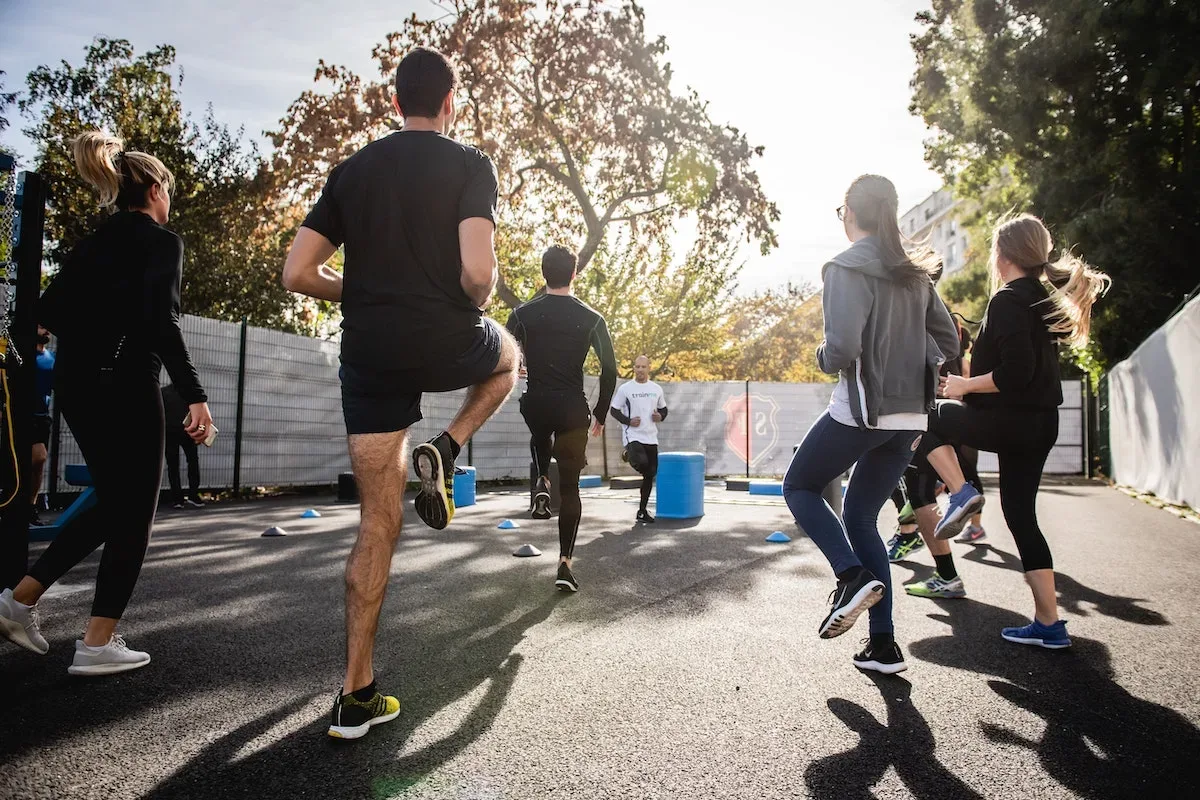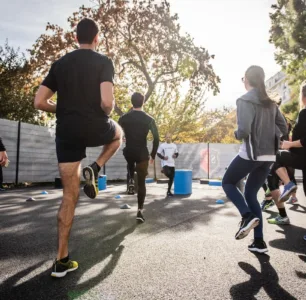Rugby is a physically demanding sport that requires a high level of fitness and athleticism. To compete at the highest level, players must be strong, fast, agile, and have excellent endurance. Fitness testing is crucial for rugby players to improve their performance and reduce the risk of injury. In this guide, we will cover the most important fitness tests for rugby players and how they help players reach their full potential.
Body composition testing
Body composition testing is a measurement of the proportion of fat, muscle, and bone in the body. Rugby players need to have a low percentage of body fat to be fast and agile on the field. High body fat levels can also increase the risk of injury. Muscle mass is also important for rugby players as it is essential for strength and power. Bone density is also important as rugby is a high-impact sport that can put a lot of strain on the bones.
Cardiovascular endurance testing
Cardiovascular endurance testing measures the ability of the heart, lungs, and blood vessels to deliver oxygen to the muscles during exercise. Rugby players need to have excellent cardiovascular endurance to maintain their performance throughout the game. Tests such as the beep test or the Yo-Yo Intermittent Recovery Test are commonly used to measure cardiovascular endurance.
Muscular strength and power testing
Muscular strength and power are essential for rugby players as it helps them to tackle, ruck, scrum, and sprint. The bench press, squat, and deadlift are commonly used to measure muscular strength, while the vertical jump, broad jump, and sprint tests are used to measure power.
Agility and speed testing
Agility and speed are essential for rugby players as it helps them to evade defenders, change direction quickly, and sprint to the try line. Tests such as the 5-10-5 agility test, T-test, and 40-yard sprint test are commonly used to measure agility and speed.
Injury prevention testing
Injury prevention testing is crucial for rugby players as the sport is high-impact and can lead to a variety of injuries. Tests such as the FMS (Functional Movement Screen) and Y-Balance Test can help identify muscle imbalances and weaknesses that can lead to injury. Once identified, players can work on correcting these imbalances through targeted exercises and stretching.
Recovery testing
Recovery testing is important for rugby players as it helps them to recover quickly between matches and training sessions. Tests such as the vertical jump test can be used to measure fatigue levels, while heart rate variability (HRV) testing can be used to assess the player’s ability to recover.
Conclusion
In conclusion, fitness testing is crucial for rugby players to improve their performance and reduce the risk of injury. Body composition testing, cardiovascular endurance testing, muscular strength and power testing, agility and speed testing, injury prevention testing, and recovery testing are all essential for rugby players to reach their full potential. By regularly performing these tests, players can identify their strengths and weaknesses and work on improving their overall fitness and athleticism. Ultimately, this will help them to become better rugby players and perform at the highest level.
Popular fitness tests
Here are some popular fitness tests that are commonly used by athletes and fitness enthusiasts:
- VO2 max test – Measures the maximal oxygen uptake, a good indicator of cardiovascular fitness.
- 1-rep max test – Measures the maximum weight lifted in one repetition, used to evaluate strength.
- Body composition test – Measures the ratio of body fat to lean mass.
- Flexibility test – Measures the range of motion in joints, such as the sit-and-reach test.
- Functional movement screen – Evaluates mobility and stability in fundamental movement patterns.
- 12-minute run test – Measures the distance covered in 12 minutes, used to evaluate endurance.
- 40-yard dash – Measures speed over a short distance, commonly used in football and track and field.
- Vertical jump test – Measures explosive power, commonly used in basketball and volleyball.
- Balance test – Measures balance and stability, such as the stork stand or balance beam test.
- Hand grip strength test – Measures hand grip strength, commonly used in rehabilitation and geriatric populations.
It’s essential to note that these fitness tests are not exhaustive, and different tests may be more relevant to specific sports or fitness goals. It’s always best to consult with a qualified fitness professional to choose the most appropriate fitness tests for you. Additionally, while fitness tests can be useful for tracking progress and identifying areas for improvement, it’s essential to use them as part of a holistic approach to fitness that also includes proper nutrition, recovery, and overall healthy lifestyle habits.

